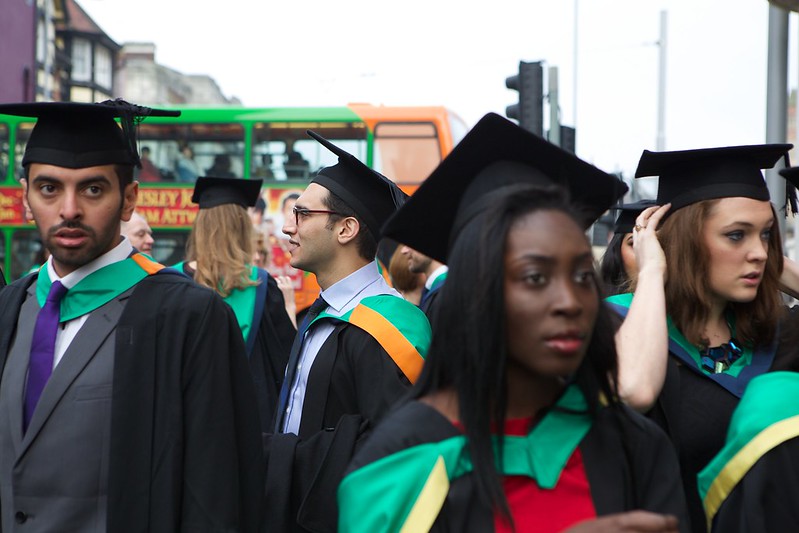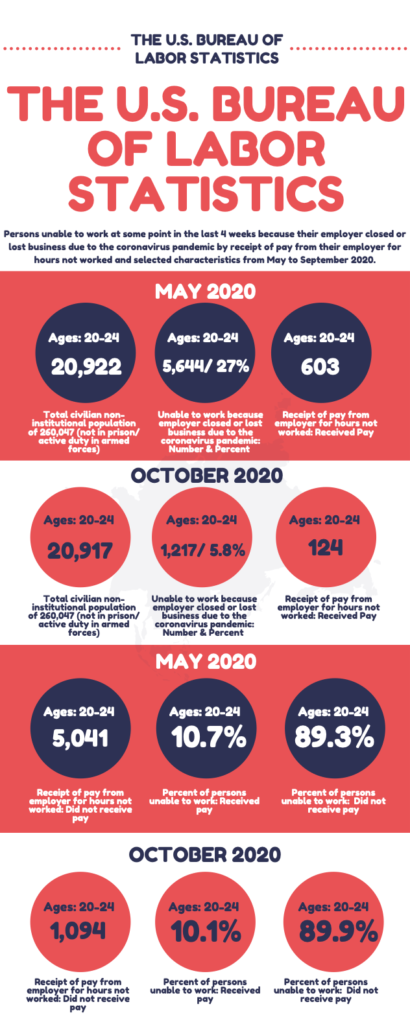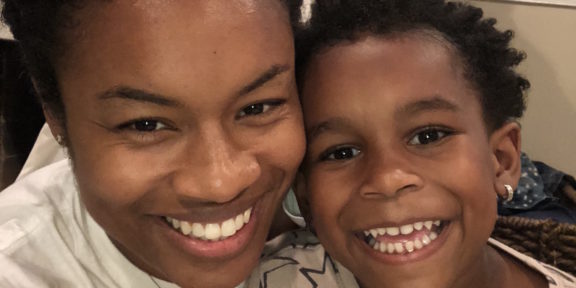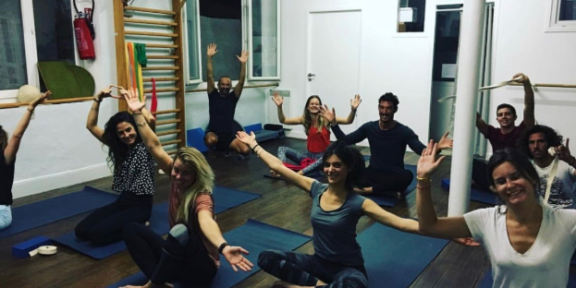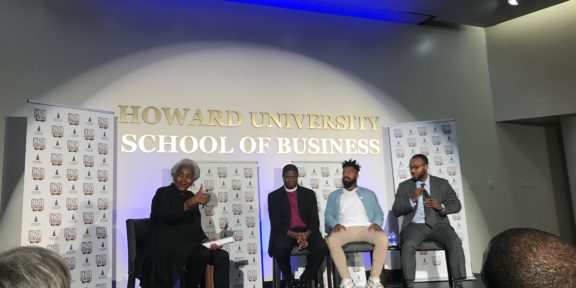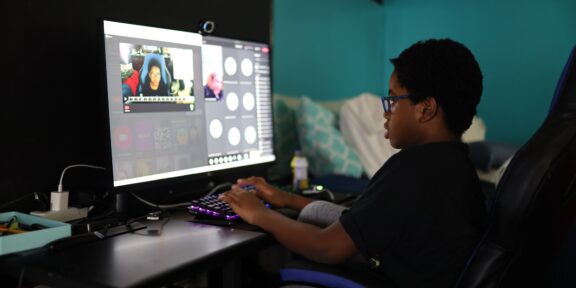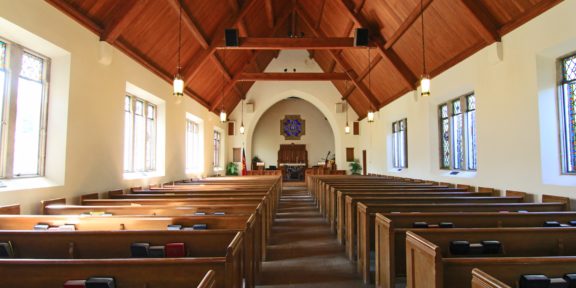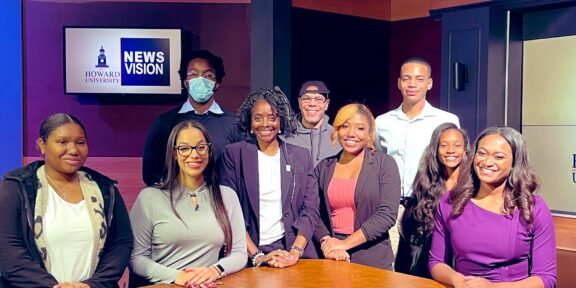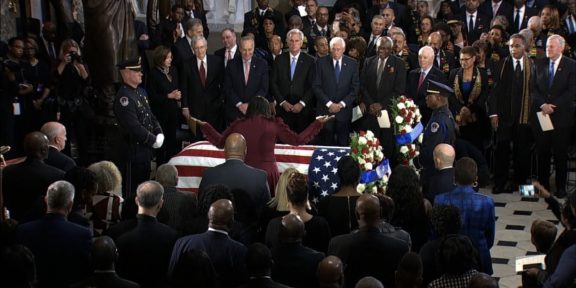By Tiffany Hunt, The Undivided for Howard University News Service
The graduating class of 2020 looked forward to breaking into the new job market that was thriving on a strong economy with a low unemployment rate.
By March 11, Ed Week had reported that over one million students had been impacted by school closures due to Covid-19 , which resulted in college campuses closing for the remainder of the year, and no in-person graduation ceremonies. The subsequent partial shutdown of the economy with massive job losses, that would make the recent graduates face unpredictable challenges that would impact their arrival into the new working world.
Between March and April alone, about 22 million jobs were lost. Since May about 11 million jobs have been recovered, according to Bureau Labor of Statistics.
A survey conducted by Axios-Harris, during the period of March 14 to 30, showed that Americans between the ages of 18 to 34 was the highest percentage of those laid off. They represented 31 percent, compared to 22 percent of those between the ages 35 to 49. Those between the ages of 50 to 64 represented 15 percent, and 65 and over being 17 percent of the population.
The U.S. Bureau of Labor Statistics also conducted surveys from May to September, on how Covid-19 has affected the working force amongst the different age demographics.
One of the surveys titled “Persons unable to work at some point in the last 4 weeks because their employer closed or lost business due to the coronavirus pandemic by receipt of pay from their employer for hours not worked and selected characteristics.”
With the massive layoffs across the United States, Sagar Raju, a recent Howard University graduate said finding a job was more challenging after the pandemic hit in comparison to before.
“(It) definitely made it harder, because a lot of the people who were laid off during the pandemic already had the working experience, and so I feel like they were more prioritized to get jobs than graduates,” said Raju.
Raju graduated from Howard with a degree in biology this past May. He has had interview opportunities but is still facing challenges to get past the first initial interview, and believes it’s partially due to the unpredictability of the economic future.
“I think it’s a combination of both [the pandemic] because even some places that have job openings and that are interviewing, they don’t even know when they’re going to open to start the job up,” said Raju.
Kimani Key, a 2020 graduate of Seton Hall University, with a Bachelor of Science degree in Marketing was also impacted by the pandemic. Key, who also minored in graphic design and advertising was offered a full-time position with a media agency, but due to Covid-19, she suffered from a hiring freeze, so her offer was rescinded.
Key continued her job search, but soon realized there was an increase in competition.
“There were opportunities still available, however knowing the candidate pool increased significantly made it more challenging to secure a first-round interview,” said Key.
Key now is working in a receptionist position full-time, in person, and discusses how she takesher own precautions amidst the pandemic.
“Working in person feels like the same as pre-covid just with the safety precautions. There are a few that don’t take masks seriously, but I feel safe especially because of (how) frequent I clean the front area,” said Key.
In May, The Atlantic reported that ZipRecruiter, a company that provides a marketplace for job seekers and recruiters, had a huge decrease in job postings that directly affected college graduates.
“On the jobs site ZipRecruiter, the number of postings for entry-level jobs typically filled by college graduates has fallen 73 percent over the past three months, with the number of openings for internships declining similarly,”according to the article.
Amidst all the odds against the class of 2020, Ali Merdan a graduate from New Jersey Institute of Technology, who received his degree in mechanical engineering, currently works in his field in a full-time position. Merdan’s journey to breaking into the job force was barely affected by coronavirus.
In October of 2019, Merdan had attended a job fair at his school, where he had met the this construction company, The Walsh Group, who he works for now. For some, despite getting their jobs before covid, the pandemic made them concerned about their job security.
Once Covid-19 had hit the United States, Merdan expressed how he had some anxiety in regard to still having a job, due to the initial lockdown in the U.S.
“The only anxiety I felt was when covid first started, I work for construction, but will I still have a job,” said Merdan.
Similar to Key, Merdan was concerned around a possible job freeze. “Are they going to be in a good spot to allow new people to come on?”
Reassuringly, Merdan started working in July, but his next fear was his health.
“As I got closer to work the next thing, I was worried about was staying healthy, and not getting sick from the office. And then I got to worry about if I am sick, I’ll have to take time off for that,” said Merdan.
David Wiczer an assistant professor in the Economics Department at Stony Brook University believes there are two main factors that stood out to him once the recession began in relation to recessions in the past.
“First is job separation, so people losing their job, and the second is indicators of job finding, so people being able to find new jobs. Job separation surged in unprecedented ways; immediately we saw just unprecedented levels of unemployment insurance claims. That happened for a couple of reasons, partly because the are rules to get on unemployment insurance were liberalized, usually it’s relatively restrictive, but even more so than that just (an) unprecedented amount of people lost jobs,” said Wiczer.
Wiczer said in this recession people who lost their jobs were more likely to be able to obtain unemployment insurance, when traditionally only half of the people who lose their jobs are able to get it. He also pointed out that the 22 million jobs that were lost was the biggest job loss ever seen.
“Even more importantly we have never seen more people lose their jobs as it happened in March and April, and that continued not at the levels of March and April, but still higher than any point in the history of these statistics,” said Wiczer.
“The number of companies advertising jobs always goes way down in recessions, and this recession was no different….the types of jobs that people lost, were in particular these relatively low skill retail jobs, for hospitality (jobs), face to face interaction types of jobs.
Whereas though white-collar professional occupations saw less job loss,” said Wiczer.
Wiczer also discusses how this recession was different from others in the past in regard to job openings.
“On the other hand, the decline in job openings was much stronger amongst these professional occupations. So that feature is really different and bizarre for a recession. So in most recessions, higher skill jobs, professional jobs, (traditionally) those are inflated, and they actually tend to pull away from the rest of the types of job openings, so the great recession was a prime example of that,” he said.
He continued, “(Normally) job openings for construction work, for manual (or) physical jobs, fell by a lot, whereas job openings for professional jobs didn’t get affected nearly as much. This recession the opposite had happened. No one is hiring professionals right now,” said Wiczer.
As it pertains to the future, Wiczer believes even with the vaccine, it will take a long time for the economy to recover.
“Going forward, so suppose we get a vaccine, does it magically go back to normal? With that, I think the answer is no, you separated all of these important relationships between employers and employees. The companies went out of business, workers lost touch with their boss, and that takes a long time to get back,” said Wiczer.
Because the the effect of people who lost their job, getting a job is still a process, so the turn around time is not expected to be immediate.
“If the virus went away tomorrow we wouldn’t go back to where we were in February,” said Wiczer.

